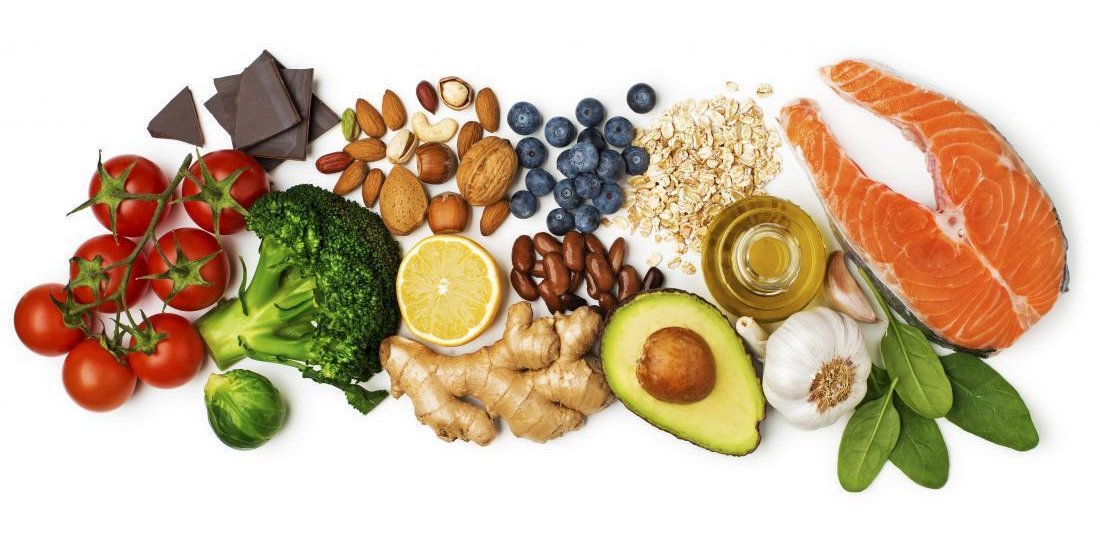Fighting Air Pollution with Food

Urban delivery drivers are among those most exposed to the harmful effects of air pollution, so wouldn’t it be great to learn that there are simple and inexpensive ways to adjust our diet to protect and heal ourselves? According to Michael Greger M.D. FACLM, founder of NutrionFacts.org, outdoor air pollution may be the ninth leading cause of death and disability in the world, responsible for millions of deaths from lung cancer, emphysema, heart disease, stroke, and respiratory infection. Fortunately, Greger shows that there is a food that offers the best of both worlds—significantly improving our ability to detox carcinogens like diesel fumes and decreasing inflammation in our airways—all while improving our respiratory defenses against infections.
In the United States, living in a polluted city was associated with 16-28 percent increases in total deaths, cardiovascular deaths, and lung cancer deaths, compared to living in a city with cleaner air. As well, living in a city with polluted air may lead to up to a 75 percent increase in the risk of a heart attack. “ In addition to causing deaths, air pollution is also the cause of a number of health problems. It may not only exacerbate asthma but also increase the risk of developing asthma in the first place. These pollutants may trigger liver disease and even increase the risk of diabetes. Indeed, “even when atmospheric pollutants are within legally established limits, they can be harmful to health.”
So What Can We Do About Harmful Air Pollution?
Here is the link to Dr. Greger’s full blog on the subject (and you can subscribe for free to his NutritionFacts.org video series), but the conclusion from his review of a broad number of scientific studies is that you can cut your level of a key inflammation biomarker nearly in half after just ten days eating a lot of broccoli. Broccoli appears to cut inflammation, which may explain in part why eating more than two cups of broccoli, cabbage, cauliflower, kale, or other cruciferous veggies a day is associated with a 20 percent reduced risk of dying, compared to eating a third of a cup a day or less.
So what about air pollution? Researchers have tried to see if broccoli could combat the pro-inflammatory impact of pollutants, such as diesel exhaust. In both a petri dish experiment and a creative experiment involving squirting some diesel exhaust up people’s noses at an amount equal to daily rush hour exposure on a Los Angeles freeway, the introduction of broccoli goodness brought down inflammation and kept it down – within hours. Since the dose in those studies is equivalent to the consumption of one or two cups of broccoli, science “demonstrates the potential preventive and therapeutic potential of broccoli or broccoli sprouts.”
In a recent study in China, where “levels of outdoor air pollution…are among the highest in the world,” those getting broccoli sprouts were able to get rid of 60 percent more benzene from their bodies. “The key finding…was the observed rapid and highly durable… detoxification of… a known human carcinogen.”
The Bottom Line
This last study was using broccoli sprouts, which are highly concentrated, equivalent to about five cups of broccoli a day, so Dr. Greger admits we don’t know how well more modest doses would work. But if they do, eating broccoli could “provide a frugal means to [fight against]…the long-term health risks” of air pollution.
NUTRITIONFACTS.ORG is a strictly non-commercial, science-based public service provided by Dr. Michael Greger, providing free updates on the latest in nutrition research via bite-sized videos. There are more than a thousand videos on nearly every aspect of healthy eating, with new videos and articles uploaded every day. MEmbers are encouraged to subscribe today.